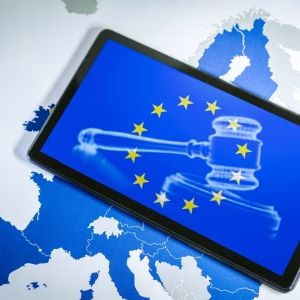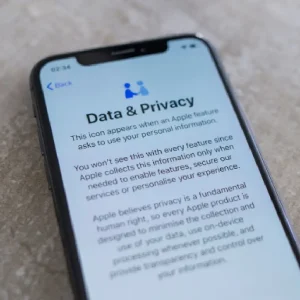
Google has failed in its latest bid to have the Supreme Court review an appeals court loss against Oracle – the latest twist in a decade-long legal clash over Java API use.
The office of American solicitor general Noel Francisco on Friday rebuffed Google’s bid for “certiorari” or review by the Supreme Court, upholding Oracle’s copyright breach claims and pushing Google ever-closer to a multi-billion damages trial.
It is the second time Google has failed in its attempt to win review by the Supreme Court in the case, for which it has the backing of HP and Red Hat, among others.
Oracle vs Google: The Background
The epic Oracle vs Google legal battle pivots around whether Java APIs comprise an integral part of the Java intellectual property that Oracle bought in 2009.
Oracle says they do and constitute software IP. (Google used these APIs to underpin the then-nascent Android application ecosystem and allow interoperability between Android and its applications.)
 Google, which claims fair use, has won its case twice in San Francisco federal court, then suffered reversals in the Federal Circuit (appeals courts).
Google, which claims fair use, has won its case twice in San Francisco federal court, then suffered reversals in the Federal Circuit (appeals courts).
It argues that the APIs it used are not ineligible for copyright protection because they constitute a “method of operation” or “system” for using the pre-written subroutines included in the Java platform, rather than copyrighted software itself.
The solicitor general’s office disagreed, bluntly: “Petitioner copied 11,500 lines of computer code verbatim, as well as the complex structure and organization inherent in that code, in order to help its competing commercial product. The record demonstrates, moreover, that petitioner’s unauthorized copying harmed the market for respondent’s Java platform.”
Stanford Law School professor Mark Lemley was among those disappointed by the decision. He described the solicitor general office’s brief has containing “some completely indefensible statements” and hit back at an Oracle lawyer on Twitter, saying: “The district judge, the jury, the computer science community, the academic community, and every other circuit except the 3rd are on the other [Google] side.”
The SG recommended that the Court not take Google v. Oracle. Disappointing, but not surprising. But the brief contains some completely indefensible statements, 1/2
— Mark Lemley (@marklemley) September 27, 2019
Without Supreme Court intervention, the case will go to a third trial for damages. Oracle has been widely reported to be seeking up to $9 billion.
See also: Oracle: Google Wants “Unfettered Ability to Copy Original, Valuable Work”
“The fair-use doctrine does not permit copying valuable parts of a work to attract fans to a competing commercial product,” the office stated in in its brief.
“Both declaring code and implementing code ultimately perform the same practical function: They instruct a computer to work,” the brief states.
Supporters, including HP and Red Hat have submitted statements supporting its position. In an earlier letter, they wrote: “The use of computer program interfaces of others for compatibility and interoperability purposes is both ubiquitous and essential to the operation of information and communication technologies and infrastructures. This fact has become even more so in today’s ever more highly networked world.”
“The freedom to utilize, implement, re-implement, and extend existing interfaces, without the need to negotiate a copyright license, has been the key to competition and progress in the computer, information technology, communication technology, and networking fields since their beginning.”
Friday’s brief gave short shrift to that idea. The solicitor general’s office concluded: “Petitioner [Google]’s idiosyncratic approach would seem to allow any copyist to carve out the most popular parts of a pre-existing work, on the ground that familiar content is likely to make the second work more commercially appealing to admirers of the first.
“That result would be antithetical to the purposes of copyright.”






